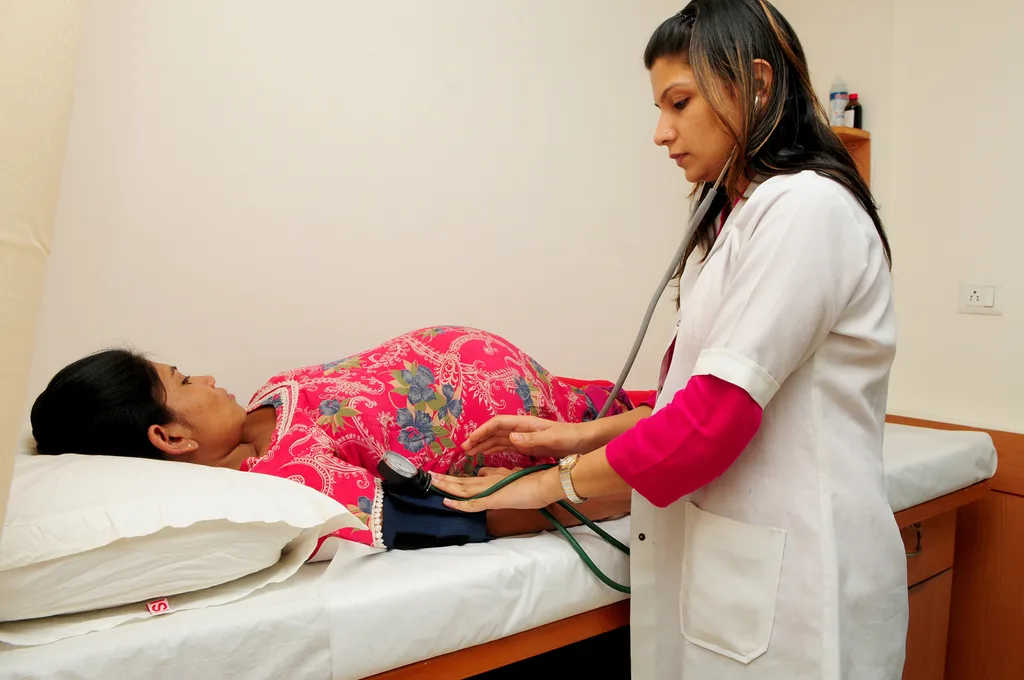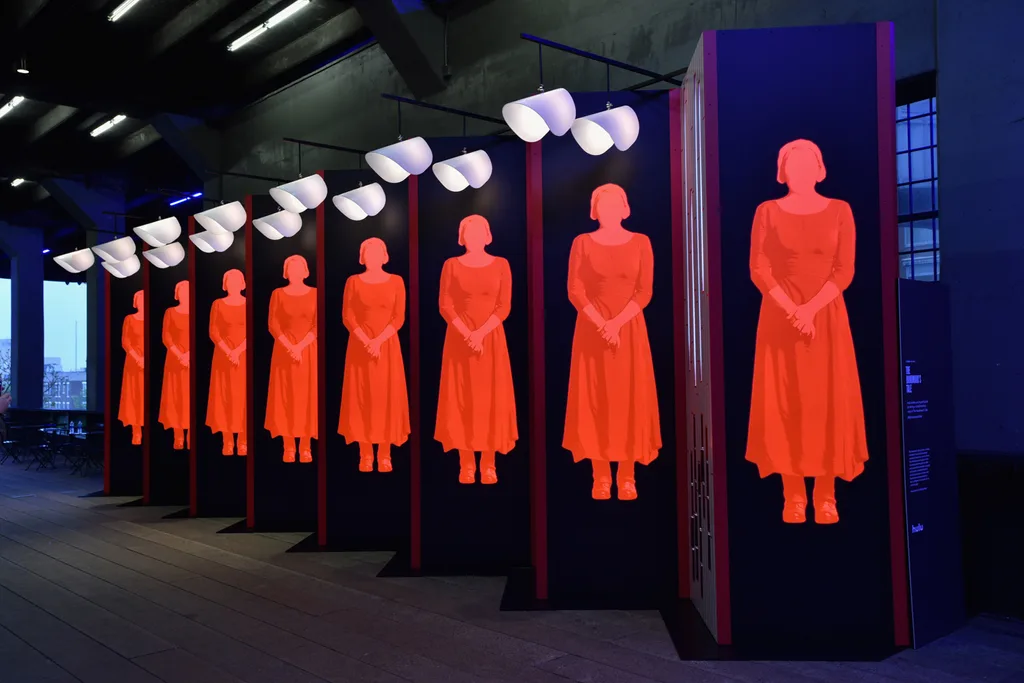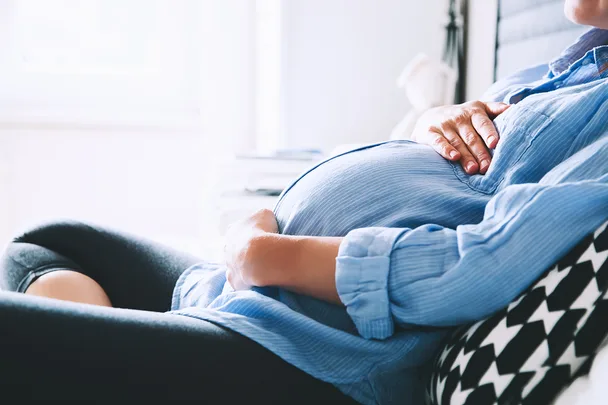Emmy-winning show The Handmaid’s Tale, in spite of its dystopian, futuristic setting, hits on an issue a lot closer to home than we’d like: Infertility.
Commercial surrogacy is a booming industry. India’s market alone is worth $2.5 billion a year and it’s estimated Australians make up at least 40 percent of the clientele. Only altruistic surrogacy (no financial incentives can change hands) is allowed inside Australia, so many couples are seeking solutions elsewhere.
One of these families was refused legal parent status by The Family Court last week.
Mr and Mrs Benieres – a pseudonym – used his sperm, an anonymous donor egg, and an Indian surrogate to give birth to a daughter in 2014. Their three-year-old was granted Australian citizenship and a passport because of her biological father, the couple told The Australian.
However, the only legal parent who will be recognised is the Indian surrogate mother, as commercial surrogacy is not legal in Victoria. The surrogate can’t accept legal parentage under Indian law, nor does she want it for a child she shares no genetics with. The court’s decision leaves the little girl parentless.
“I don’t know how you can say that it is in the best interests of the child to say the people who brought her into this world are not her parents,” Mrs Benieres has said.
This is yet another surrogacy case that reveals how murky and tenuous current legislation is.

Families Through Surrogacy’s Sam Everingham estimates there are another 2000 cases like it: children in Australia, born via commercial surrogacy, who are left without legal parents.
And this isn’t a new development. The Family Law Council warned the government in 2013 that many young children born in similar situations appeared to be “growing up in Australia without any secure legal relationship to the parents who are raising them.”
Tying up the loose ends of legislation is one answer. A federal law could be introduced to allow a transfer of parentage from surrogate mothers to intended parents, provided there’s evidence of consent from both parties. But this would fly in the face of NSW, Queensland and the ACT laws that bar commercial surrogacy to prevent exploitation of less privileged Australian women.
“They are not animals and their job is not to bear children for money because other people want children,” Pru Goward, NSW Family and Community Services Minister said about a surrogacy bill that was introduced in 2010: “Women are not cows.”

Senior lecturer at Griffith University Denise Cuthbert and Patricia Fronek, Dean at RMIT University, believe accepting commercial surrogacy only shifts the site of exploitation: “The very low rates of altruistic surrogacy indicate that unless motivated by a deep personal connection between surrogate and commissioning parents, most Australian women consider the risks, inconvenience and potential emotional and health complications of surrogacy to be too much.
Educated, skilled and employed women are unlikely to subject themselves to the demands and risks of pregnancy to fulfil the aspirations of others. This leaves the likely Australian candidates for commercial arrangements as less educated women with fewer skills and employment prospects. While Australia is not a developing country, differences in wealth and power create a dynamic ripe for exploitation.”
Family Court Chief Justice Diana Bryant, one of the judges involved Mr and Mrs Berniers’ full-court decision, is pushing for tougher regulations. She suggests refusing citizenship to babies born via unethical commercial surrogate arrangements to deter couples from buying surrogates overseas.
As for Australia’s legal orphans – the children already here – it’s unclear how this will be solved for them.
RELATED: Melbourne Nurse Sentenced For Illegal Child Surrogacy Business
RELATED: 11 Celeb Couples Who Used Surrogates










